The results of Taiwan's elections will not impede the inevitable trend of China's reunification, the Chinese mainland's Taiwan affairs authority said after the island held its leadership and legislature elections over the weekend.
Democratic Progressive Party candidate Lai Ching-te and his running mate, Hsiao Bi-khim, won the leadership election, receiving about 40 percent of the ballots cast.
In the election to the island's 113-seat legislature, the Chinese Kuomintang party won 52 seats, the DPP seized 51 and the Taiwan People's Party got eight. The remaining two seats went to independent candidates.
Chen Binhua, a spokesman for the State Council Taiwan Affairs Office, said on Saturday that "the results reveal that the DPP cannot represent the mainstream public opinion on the island".
Underlining that Taiwan is China's Taiwan, Chen said the elections will not change the basic landscape and development trend of cross-Strait relations, and will not alter the shared aspiration of compatriots across the Taiwan Strait to forge closer ties.
"Our stance on resolving the Taiwan question and realizing national reunification remains consistent, and our determination is as firm as rock," Chen said. "We will adhere to the 1992 Consensus that embodies the one-China principle and firmly oppose the separatist activities aimed at 'Taiwan independence'as well as foreign interference."
The mainland will work with relevant political parties, groups and people in Taiwan to enhance cross-Strait integrated development, jointly promote Chinese culture, and advance the peaceful development of cross-Strait ties, he added.
Commenting on the election results, a Foreign Ministry spokesperson said on Saturday that the Taiwan question is China's internal affair, and regardless of changes that take place in Taiwan, the basic fact that there is only one China of which Taiwan is a part will not change. The Chinese government's position of upholding the one-China principle and opposing "Taiwan independence" separatism, "two Chinas" and "one China, one Taiwan" will not change, the spokesperson said.
Underlining that the one-China principle is "the solid anchor for peace and stability" in the Taiwan Strait, the spokesperson said, "We believe that the international community will continue to adhere to the one-China principle, and understand and support the Chinese people's just cause of opposing 'Taiwan independence' separatist activities and striving to achieve national reunification."
On Sunday, the Foreign Ministry firmly opposed the US State Department's statement on the Taiwan elections after US Secretary of State Antony Blinken extended his congratulations to Lai.
A spokesperson for the ministry said the statement goes against the United States' own political commitment to maintaining only cultural, commercial and other unofficial relations with the Taiwan region. The Taiwan question is at the very core of China's core interests and the first red line that should not be crossed in China-US relations, the spokesperson said, urging the US to earnestly abide by the one-China principle.
Chinese embassies issued statements expressing dissatisfaction with other countries for congratulating Lai, and urged them to honor the commitments made on the Taiwan question.
A spokesperson for the Chinese embassy in London urged the UK to adhere to its recognition of Taiwan as a province in China, handle the Taiwan question with caution in accordance with the one-China principle, and stop all actions that interfere with China's internal affairs.
The Chinese embassy in Tokyo urged the Japanese government to deeply reflect on its history of invading Taiwan, and not to disrupt the peace and stability in the Taiwan region and upset China-Japan ties.








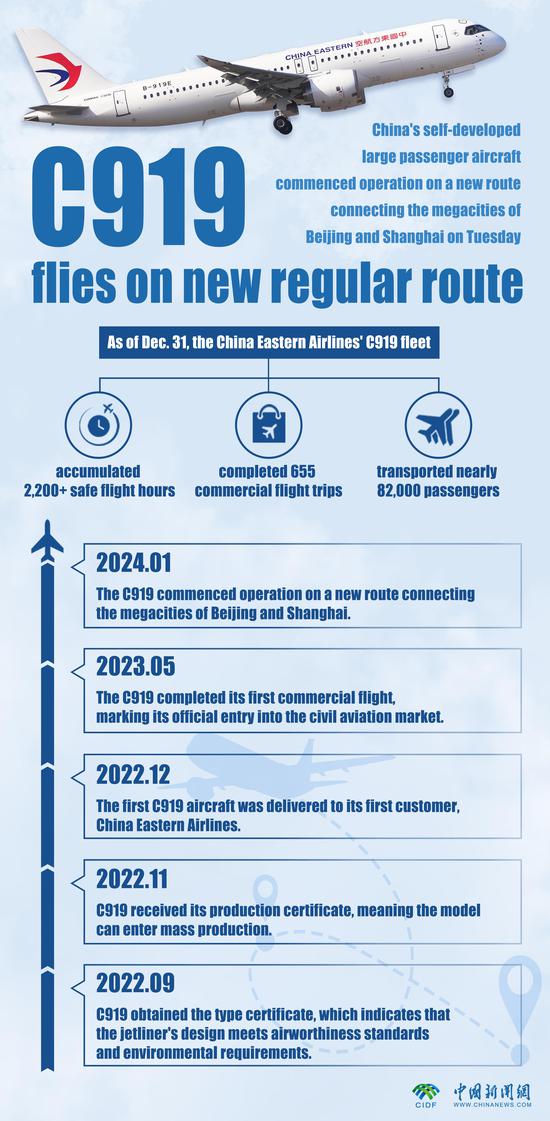





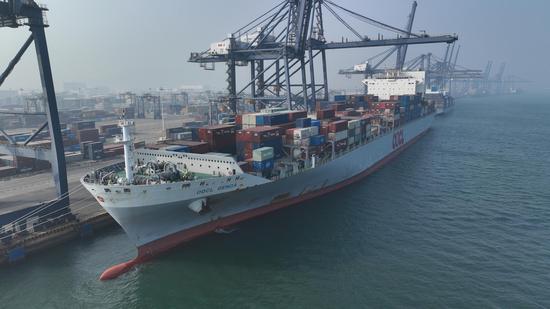
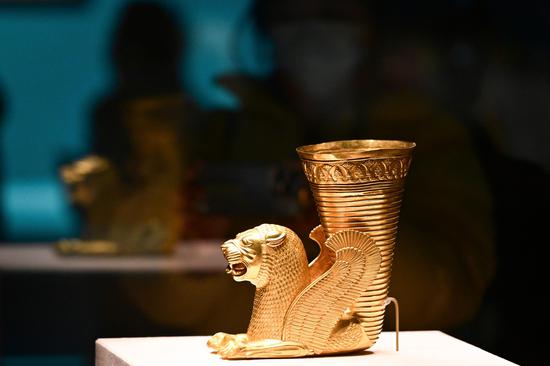

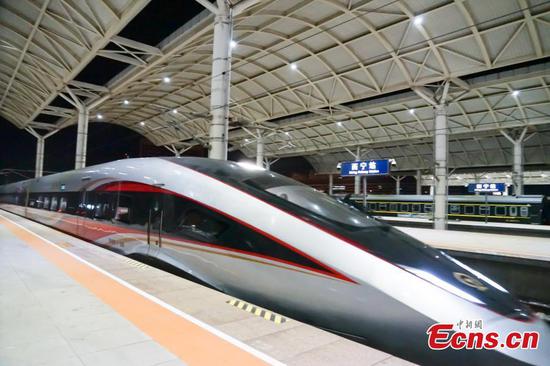

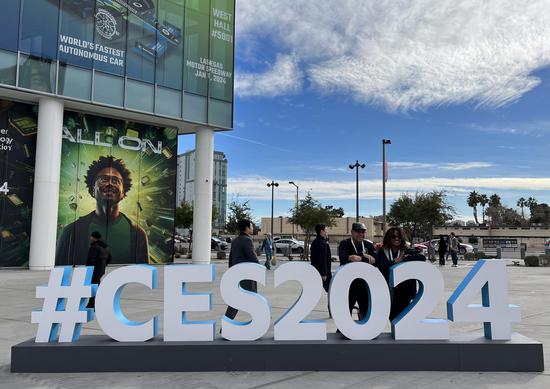


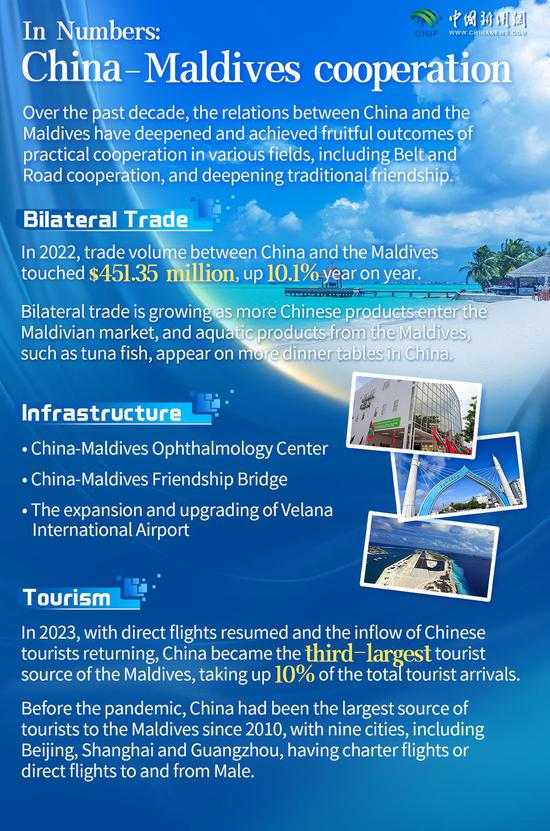
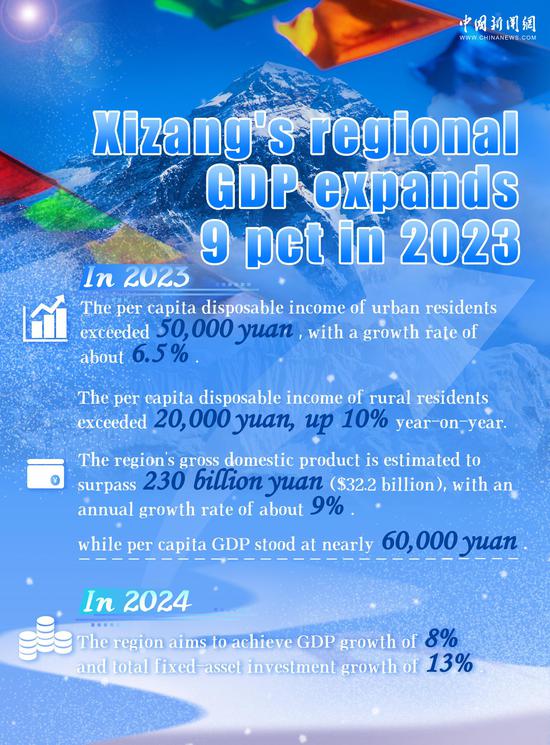
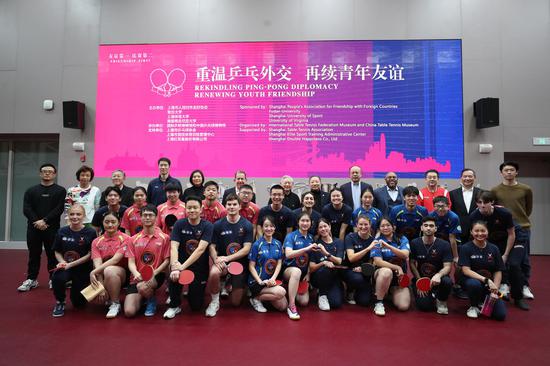
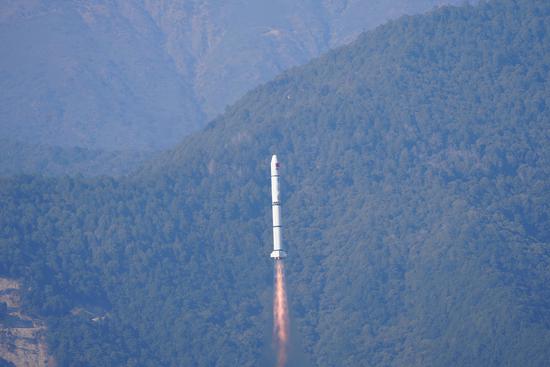
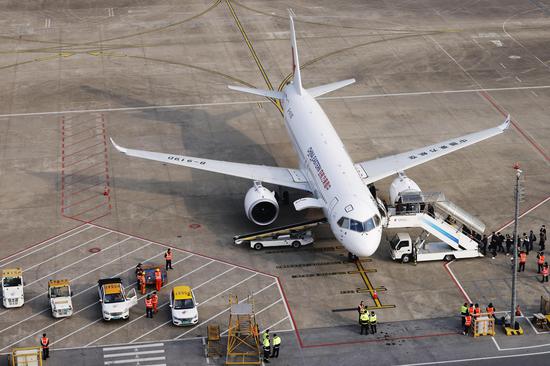


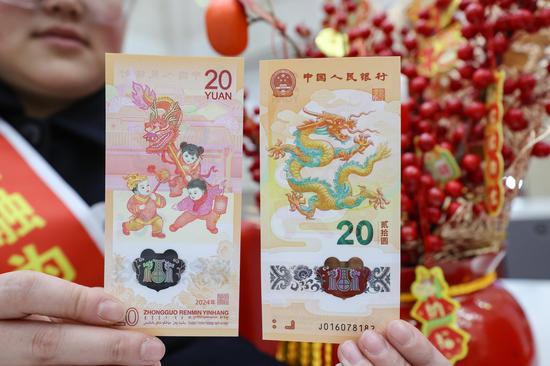
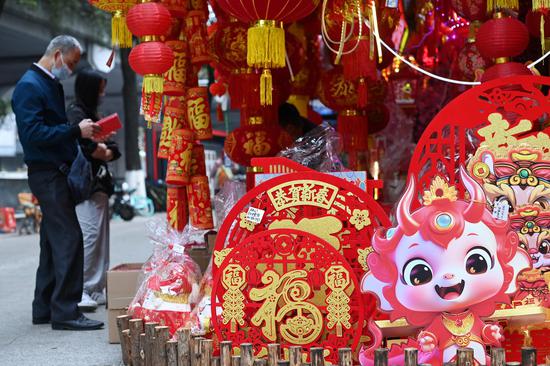








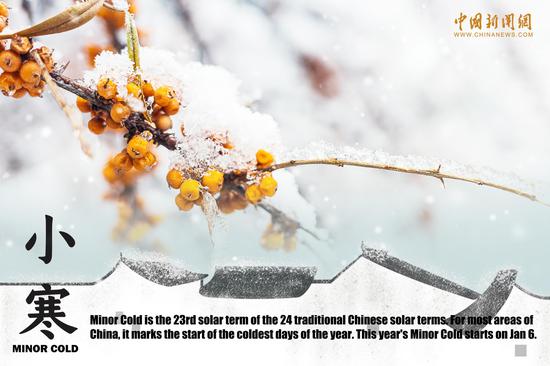










 京公网安备 11010202009201号
京公网安备 11010202009201号